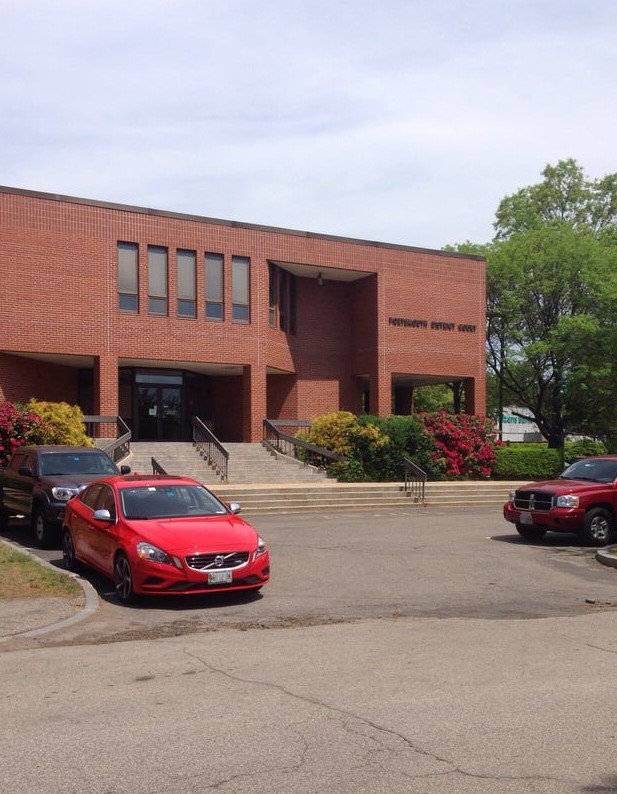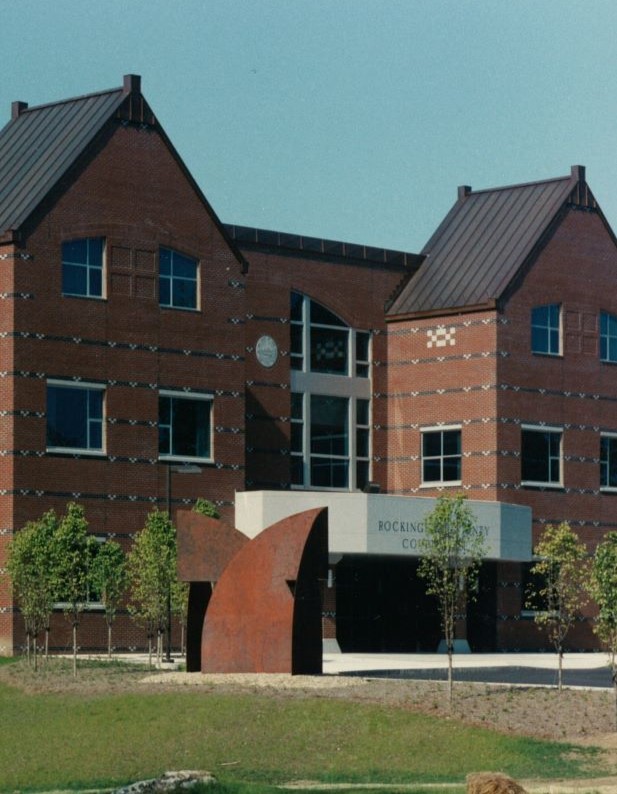
Factors that Determine the Length of Divorce
A divorce can vary in duration, ranging from a few weeks to several years. In this section, we will examine the primary factors that can impact the length of the divorce process. While certain factors are beyond your control, many can be influenced to expedite the divorce proceedings. Please note: we’ve tried our best to provide accurate information, but these are merely estimates.
The Quickest Divorce
An uncontested divorce is typically the fastest, taking around 2 to 8 weeks to complete. It’s categorized as uncontested when both spouses are in full agreement on every aspect, and the main requirement is to complete the necessary paperwork. After submission to the court, the materials will undergo review and, assuming they are filled out correctly, will be signed by the judge. If minor children are involved, you may need to participate in a “Child Impact Seminar.” This course is currently available online and generally does not cause significant delays in the proceedings.
Divorce Through Mediation
A mediated divorce can take as little as 2 to 4 months so long as all of the issues can be worked out through mediation. If you are unable to workout all of the issues after 1 or 2 sessions of mediation, things will take longer. The court will assign you a mediator shortly after your Petition for Divorce has been filed. The mediator’s availability can influence the duration, but since most courts have multiple mediators, so this typically isn’t a significant issue.
Divorce with Minor Litigation (Court Hearings)
When the court becomes involved, our timeframes can jump significantly. A divorce that involves minor litigation may take 6 to 12+ months. By “minor” litigation, we mean that only a portion of your divorce requires a court and judge’s involvement. Many issues can often be resolved through agreement or mediation. For instance, you might come to an agreement on property division and a parenting schedule, but if child support remains contentious, the judge or court would decide this issue. The greater the number of issues that the court needs to decide, the longer the process is likely to take.
Divorce with Major Litigation (Court Hearings)
Major litigation represents the worst-case scenario in a divorce, where the parties disagree on nearly all aspects, and the court must make the decisions. In cases involving major litigation, the divorce process can easily last 1-2 years or even longer. This typically involves numerous hearings before a judge and extended periods of discovery. Due to the backlog in the court system, it’s not uncommon for 4-6 months to pass between each hearing. Moreover, the “final hearing” where all decisions are made could span 2-3 days or more. When such a substantial amount of time is necessary, the court may have challenges fitting these proceedings into its schedule.

Portsmouth Family Court

Rockingham County Court House
Can an Attorney Speed Up the Process?
Hiring the right attorney can indeed streamline the divorce process. However, it introduces the challenge of coordinating the schedules of two attorneys and the court. Many attorneys handle a high caseload, which can lead to delays. The proper attorney can expedite the process in the following ways.
- In an uncontested divorce, an attorney ensures that your paperwork is completed accurately and that all necessary documents are correctly filed with the court.
- An attorney can be invaluable during negotiations. Your lawyer will effectively manage your expectations, identify opportunities for negotiation, and recognize situations where negotiation may not be feasible.
- Direct negotiations with your spouse can often be emotionally charged. Enlisting an attorney to negotiate on your behalf helps remove emotions from the equation and facilitates reaching a settlement.


